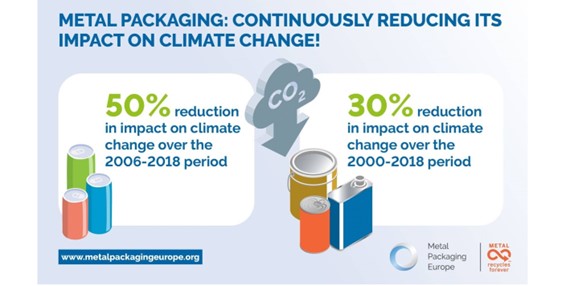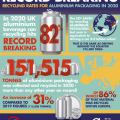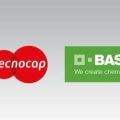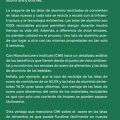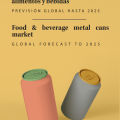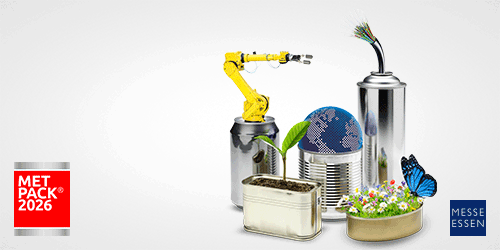Metal Packaging Europe, the association of European producers of rigid metal packaging has just completed and published a new life cycle assessment (LCA) of metal packaging including aluminum beverage cans, aluminum and steel food cans, steel aerosols, steel general line and specialty packaging and steel closures. Among the most significant conclusions is the new life cycle assessment of metal packaging, which shows a significant reduction in greenhouse gas emissions.
Based on 2018 production data, the study covers the life cycle of metal packaging produced in Europe, from raw material extraction to manufacturing and end-of-life. Specifically, the latest study records significant reductions in greenhouse gas emissions, confirming the industry’s commitment to reducing carbon emissions and decoupling production from its carbon footprint. The main factors that have made this progress possible include, among others, substantial improvements in the production of raw materials over time, renovation of the can manufacturing processes, including a considerable increase in energy efficiency, as well as in the resources used.
Another element to highlight is the considerable reduction in can weight, of 2% for aluminum beverage cans, for example, and 1% for steel food cans; as well as an increase in the recycling rates of aluminum and steel containers, with the recycling rate for beverage cans currently at 76% and steel containers reaching 84%.
For Leonie Knox-Peebles, CEO of Metal Packaging Europe: “Providing fact-based and unambiguous information about our industry remains part of Metal Packaging Europe’s commitments. We are delighted with the significant progress our members have already made and are confident that even greater reductions will be achieved in the coming years through a combination of initiatives that help improve the sustainability of the can manufacturing process and increasing recycling rates across Europe.”
From a climate change perspective, the results for aluminum beverage cans show that the impact on climate change has been reduced by about 50% over the period 2006-2018.
For steel packaging, the results show that over the period 2000-2018, the impact on climate change has been reduced by more than 30% for food cans and general line packaging; just under 20% for aerosol cans (2006 – 2018); more than 40% for closures; and more than 10% for specialty packaging.

